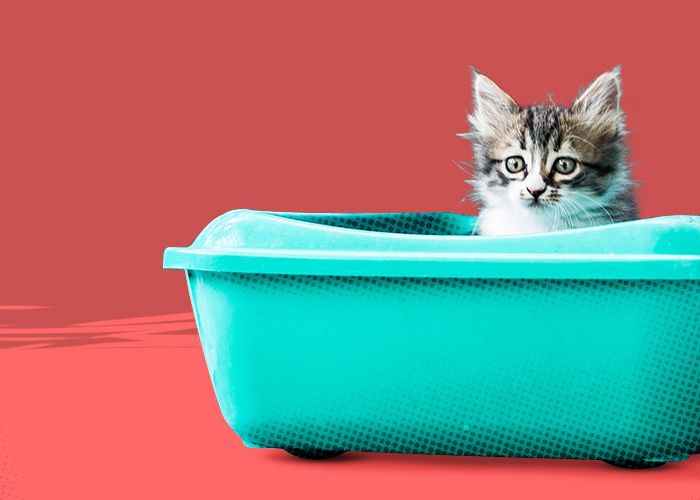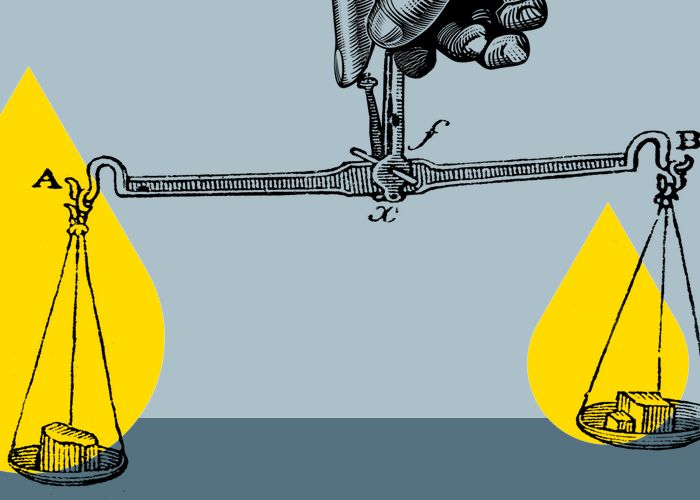

Front Desk Teams Play a Crucial Role in Urine and Fecal Sample Compliance
Ensuring proper diagnostic screening is a cornerstone of proactive veterinary care, and urine and fecal samples are a key part of this wellness testing. Generating strong compliance around collecting samples at wellness visits enhances diagnostic accuracy and drives better health outcomes for our patients. While the entire practice team works to ensure compliance, front desk team members play a particularly pivotal role. These team members are the first and last point of contact for pet owners, putting them in a unique position to encourage sample collection, provide clear instructions, and ensure proper handling of these critical diagnostic samples.
Here's why urine and fecal samples are so important, and how front desk team members can ensure the collection of these samples to improve overall health outcomes for pets.
The Diagnostic Value of Urine and Fecal Samples
Urine and fecal samples are essential to identifying potential health issues, often serving as the first line of defense in detecting hidden or subtle conditions. Urine samples allow veterinarians to assess kidney function and/or injury, detect urinary tract infections, and monitor conditions like diabetes. While many comprehensive diagnostic panels include urine testing, real or perceived challenges with urine collection mean this crucial sample is often left out. Without a urine sample, key indicators of disease could be missed, undermining the panel's full diagnostic value.
Fecal samples are just as important. They provide vital information about a pet's gastrointestinal health and are often used to screen for intestinal parasites, bacterial imbalances, and other GI-related conditions. By detecting parasites early, fecal samples help prevent transmission to other pets or even humans. Improper handling of either urine or fecal samples—whether due to contamination, incorrect storage, or delayed submission—can result in inaccurate or inconclusive test results, leading to either missed diagnoses or incorrect treatment plans.
Given the diagnostic value of these samples, it's crucial veterinary teams work together to ensure samples are collected correctly and submitted on time. This is where the front desk team plays a key role.
Front Desk Team Responsibilities
The Front Desk Team is integral to client communication. They are often both the first and last point of contact for pet owners and can reinforce consistent communication, ensuring compliance with diagnostic procedures like sample collection. The front desk team's responsibilities include:
1. Client Education
Educating clients about the importance of bringing in urine and fecal samples during wellness visits is one of the most effective ways receptionists can help ensure compliance. Many pet owners are unaware of the critical role these samples play in their pet's diagnosis and treatment plan. Encourage your team to take the time to explain why these samples are needed and the potential consequences of not providing them, such as incomplete diagnostic panels and missed health issues.
Additionally, front desk staff can provide written materials simplifying sample collection, and how these steps may make a difference in their pets' health outcomes. Explaining the importance of a missed test reinforces belief and can improve compliance.
2. Sample Collection Reminders
Front desk team members are also responsible for reminding clients in advance to bring in their pet's urine or fecal sample or offer guidance for facilitation of sample collection during the appointment.. This can be done through a variety of methods:
- Phone calls: A friendly phone call a few days before the scheduled wellness visit serves as a personal reminder. During the call, staff can confirm the appointment and gently remind the client to bring the necessary samples, or take steps to prevent voiding prior to the visit allowing the veterinary staff to collect the sample if the owner is unable.
- Text messages: Text reminders are convenient for many clients and provide a quick, nonintrusive way to remind them about sample collection.
- Emails: Sending an email reminder allows the practice to include detailed instructions on how to properly collect and store urine or fecal samples, as well as the importance of bringing the sample to the appointment and to prevent voiding prior to the visit.
By sending these reminders, the front desk team can reduce the number of missed samples, ensuring veterinarians have all the diagnostic tools they need during the wellness visit.

3. Clear Instruction
Some clients may feel apprehensive about collecting urine or fecal samples, especially if they've never done it before. Front desk team members can help provide clear step-by-step instructions for collecting samples. A simple written handout can provide the client with information on appropriate tools (such as urine collection kits or fecal containers), providing a sample in a clean (ideally sterile) container, and prompt submission to maintain sample integrity.
Providing these instructions verbally at check-in, as well as in written form (either printed or via email) prior to the visit, can help ensure clients feel confident and capable of providing high-quality samples.
4. Sample Documentation
Once a sample is collected and submitted, accurate and complete documentation is essential. The front-of-house team plays a key role in ensuring all information related to the sample is properly recorded. This includes:
- Client information: Confirm the pet owner's contact details and link the sample to the correct patient.
- Collection method: Confirm how the sample was collected (e.g., free catch).
- Collection date: Record the exact date and time of collection to ensure the sample is fresh and valid for testing.
Accurate documentation helps the veterinary team process and analyze the samples efficiently, reducing the chances of errors and delays in diagnosis. Moreover, well-organized records provide a clear trail in case there are any questions or follow-up needed with the client.
Tips for Ensuring Sample Collection Success
To maximize receiving samples, veterinary practices should empower their front desk team with the right tools and training. Here are some tips to help ensure success:
- Standardize sample reminders: Incorporate sample reminders into your regular appointment reminder protocols. Whether by phone, text, or email, these reminders should be consistent and part of the practice's routine.
- Provide collection kits: Make it easy for clients to collect samples by providing them with urine and fecal collection kits at the time of appointment booking.
- Offer follow-up support: If a client forgets to bring in a sample, staff should offer a convenient way for them to drop it off later or reschedule the test to avoid missing important diagnostic information.
Strong compliance with urine and fecal sample collection is essential for accurate diagnostics and optimal health outcomes for pets. The front desk team plays an important role in ensuring clients are educated, reminded, and supported throughout the sample collection process. By maintaining clear communication, providing easy-to-follow instructions, and ensuring accurate documentation, the front desk can help drive better compliance and ultimately improve the quality of care provided to every pet.







